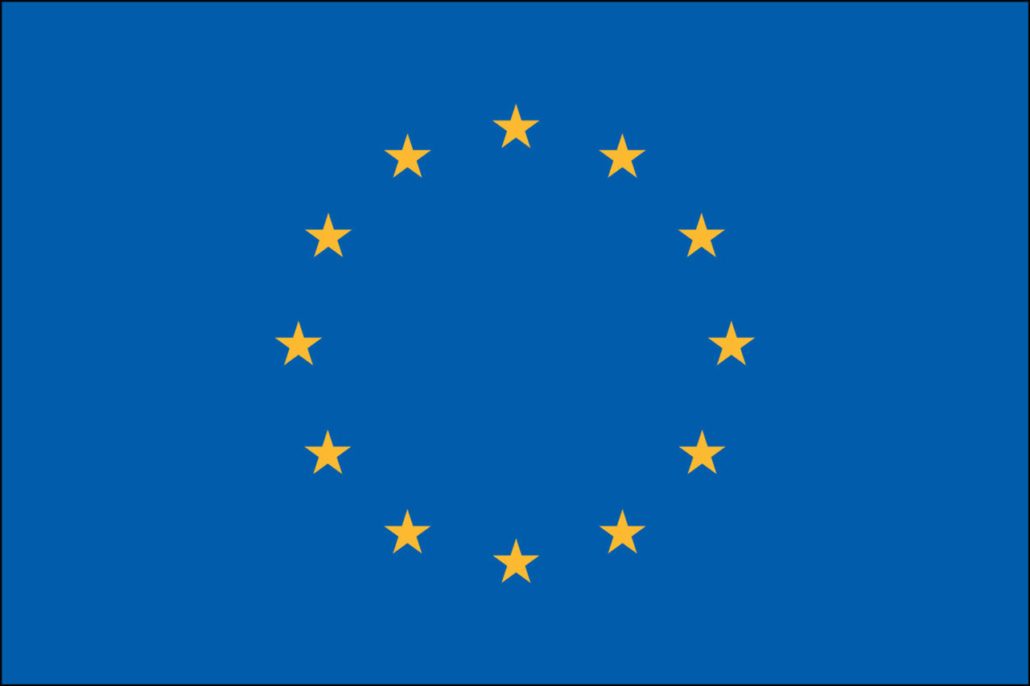In a referendum on 23 June 2016, 51.9% of the participating UK electorate voted in favor of leaving the European Union (EU). On 29 March 2017 the United Kingdom notified the European Council of its intention to withdraw from the European Union, prompting a negotiating process to establish a Withdrawal Agreement by 29 March 2019.
Known popularly as “Brexit”, the decision of the UK to exit the EU has left many wondering how this will affect their European business dealings. With the deadline only months away, there are a couple possible outcomes: The UK could negotiation a bilateral agreement with the EU or it could fully separate and become a “third country” to the EU.
Negotiations are ongoing; however, it is unclear if the UK and the EU will come to an agreement on a Brexit deal. Previously, the UK government seemed confident that there would be a deal. However, recent developments have casted doubt on this assertion.
This year, the UK has published technical reports stating what would happen in the event of no deal. Included in these reports are advice on Registration, Evaluation, Authorisation and Restriction of Chemicals (REACH); Classification, Labelling and Packaging (CLP); and Prior Informed Consent (PIC) Regulations.
In the event of a ‘no deal’ scenario, the Health and Safety Executive (HSE) would act as the British CLP competent authority and companies operating in the UK would deal directly with the HSE. Companies importing chemicals into the UK from European countries would be considered importers under CLP and be required to comply with importer obligations. Existing harmonised classification and labelling for chemicals would continue to have legal effect in the UK. However, following withdrawal from the EU they would be free to implement new provisions for mandatory classification and labelling. UK companies will be required to use new IT tools provided by the HSE including a substance list for mandatory classification and labelling as well as a notification database. British companies registered with REACH will need to transfer their registrations to an organization based in the European Economic Area (EEA) to continue selling their products in Europe.
The UK is using a “lift and shift” approach to updating their legislation in preparation for Brexit. The idea is to “lift” each EU regulation and transpose it into UK law. However, this is not a straightforward process as some things will need to be revised. Many EU laws such as REACH regulation rely on EU infrastructure that the UK may no longer have access to.
The European Chemicals Agency (ECHA) has recently updated their advice for companies pertaining to Brexit. New Q&A’s have been included on the ECHA website on the premise that the UK will not reach an agreement prior to withdrawal on March 29th. ECHA has indicated that they will continually update their webpages as new developments unfold. Likewise, we will be sure to post updates to keep you informed as we move closer to the withdrawal date.

